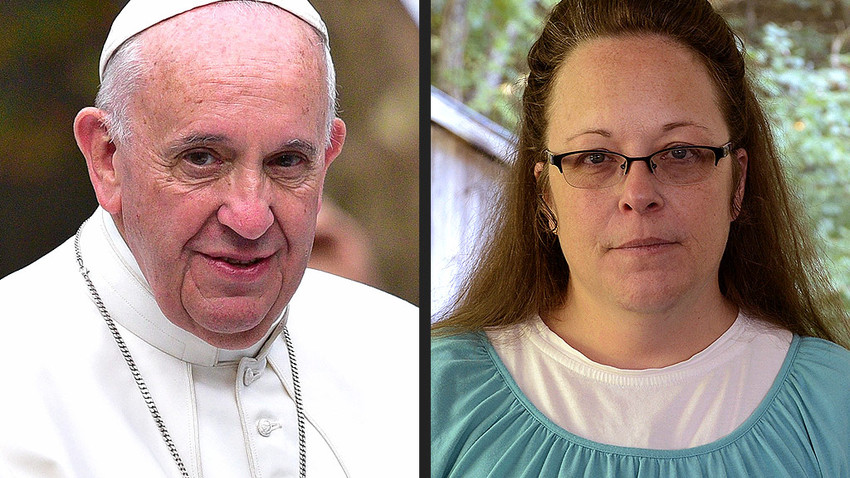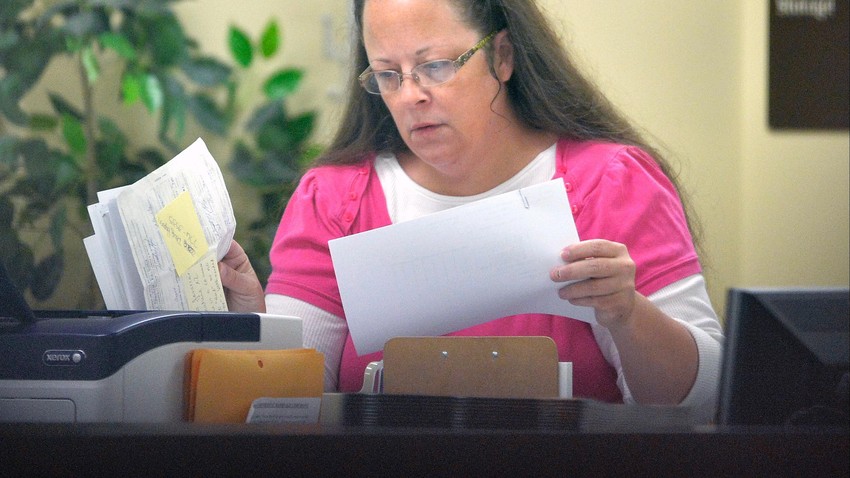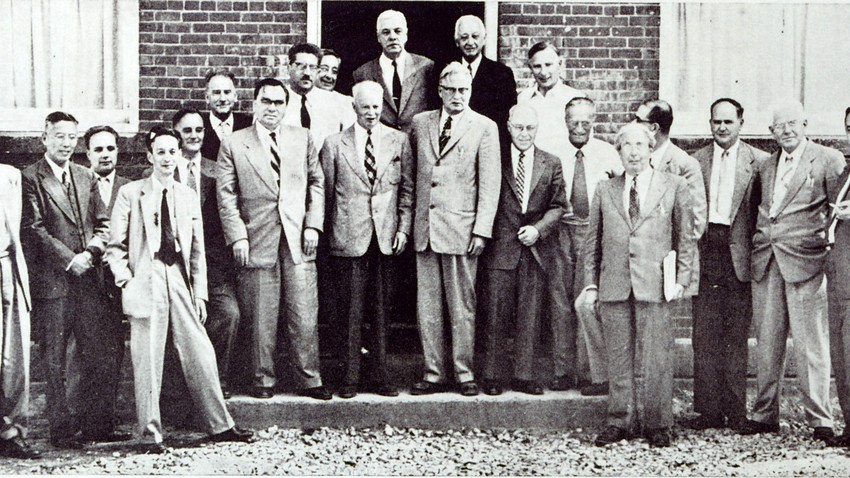Talking about adding insult to injury—figures released this week indicate that the top 100 CEO retirement packages here in the United States now equal the retirement account savings of 41% of all American households with the lowest retirement wealth. Go figure! So let’s do. The accumulated wealth in the retirement packages of these top 100 American executives is $4.9 billion. “The CEO nest eggs on average are worth more than $493 million, enough to produce a $277,686 monthly retirement check for life, the [Center for Effective Government and the Institute for Policy Studies group] report said” (USA Today 10-28-15). An average monthly retirement check of $277,686? Compare that to the 2013 median average in a 401(K) retirement account of $18,433, yielding $104 a month! Then compare that to the 31% of the “bottom economic group of American families [who] have nothing saved for retirement”(ibid). Go figure indeed.
Of interest is the retirement nest egg of David Novak (no relation to the much poorer chemistry professor David Nowack here at Andrews University), CEO of Yum Brands (the conglomerate that runs Taco Bell, KFC and Pizza Hut). Novak’s retirement package (including deferred compensation) is the largest of all Fortune 500 CEOs and is valued at $234 million. Compare that with what Novak’s fast food workers are able to save for their own retirement!
Reuters comments: “The figures are stunning and cast a harsh and troubling light on soaring retirement inequality. The report offers yet another indication that runaway income inequality is producing grossly unfair retirement outcomes” (www.reuters.com/article/2015/10/28/us-column-miller-pensions-ceo-idUSKCN0SM09C20151028). Or as Sarah Anderson, the economy project director at the Institute for Policy Studies, observed: “‘The CEO-worker retirement divide has turned our country’s already extreme income divide into an even wider economic chasm’” (USA Today).
Jesus’ step brother James once wrote: “Go to now, ye rich men, weep and howl for your miseries that shall come upon you. Your riches are corrupted, and your garments are motheaten. Your gold and silver is cankered; and the rust of them shall be a witness against you, and shall eat your flesh as it were fire. Ye have heaped treasure together for the last days. Behold, the hire of the labourers who have reaped down your fields, which is of you kept back by fraud, crieth: and the cries of them which have reaped are entered into the ears of the Lord of sabaoth” (James 5:1-4). A bitter lamentation from the God who historically has sided with the exploited poor and the socially marginalized.
Jesus Himself warned: “Take heed, and beware of covetousness: for a man's life consisteth not in the abundance of the things which he possesseth” (Luke 12:15).
So what does all of this have to do with the rest of us who are squeezed somewhere between the middle and the bottom end of this economic chasm? Jesus’ words remind us that greed and covetousness are not the exclusive domain of the wealthy. You don’t have to be filthy rich—in fact we can be dirt poor and succumb to the strangulation of greed. Jesus’ parable of the rich fool, which follows his warning, ends with the solemn observation: “So is he that layeth up treasure for himself, and is not rich toward God” (Luke 12:21). The rich fool died suddenly without spending a single penny of his nest egg. While we are very much alive, Jesus reminds us, is the right time to be “rich toward God.”
So have you been rich toward God lately?









